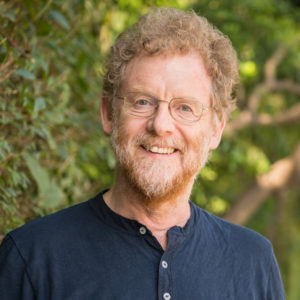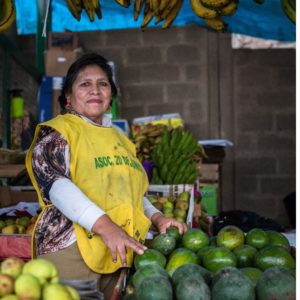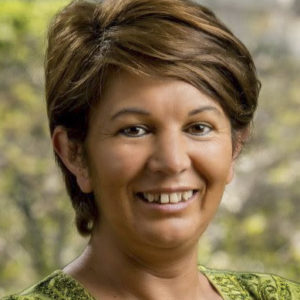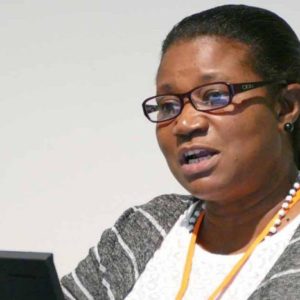Grassroots Organizations Roundtable
Stakeholders Roundtables Venue: Room 17 Casa De La Cultura- David Satterthwaite Senior Fellow International Institute For Environment And Development (IIED) United Kingdom of Great Britain and Northern Ireland

- Farouk Braimah Executive Director People’s Dialogue On Human Settlements / Ghana Federation For The Urban Poor Ghana

- Ivaneide Souza REDESOL Network

- Josephine Castillo Huairou Commission

- Marie Ottoson Assistant Director General Swedish International Development Cooperation Agency (Sida) Sweden

- Ms. Gloria Solorzano Espinoza Organization's Secretary National Network Self-employers – RENATTA per

- Namrata Bali Director Indian Academy For Self Employed Women (IASEW) India

- Nohra Padilla Associacion Nacional De Los Recicladores (National Association Of Wastepickers) Colombia

- Rose Molokoane SDI Coordinator Slum Dwellers International South Africa South Africa

Grassroots Organizations at the Centre of Effective Inclusive Urban Development
Translating global policy into real implementation requires substantial institutional shifts and new partnerships on all levels. Fundamental to this is the fortification of the role of organized communities and their representative movements and the organizations of people living and working in poverty to plan, implement, and monitor development programs that affect their lives. The formation of the Grassroots Partner Constituent Group of the General Assembly of Partners is a clear indication that this stakeholder group is a critical element of the New Urban Agenda’s success.
The Grassroots Roundtable will feature achievements, lessons learned, and concrete strategies for implementable partnerships among grassroots networks and their allies within the context of sustainable and inclusive urban development. Representatives of grassroots networks, government officials, and leading development agencies and foundations will bring their innovative methodologies and explore synergies and common challenges in order to begin charting a course for implementation and monitoring following Habitat III. It will evaluate potential collaborations and identify relevant mechanisms for implementing the New Urban Agenda together.
A series of solidified and actionable commitments between grassroots stakeholders and local and national government actors will be introduced in line with the Quito Implementation Plan.
Objectives of the Roundtable
- Demonstrate existing structures and frameworks of grassroots partnerships in urban development to inform the implementation and monitoring of the New Urban Agenda.
- Identify strategies for building on the implementation of the New Urban Agenda.
- Chart a way forward for grassroots networks to work together and with relevant stakeholders as central players in the Quito Implementation Plan and sustainable urban development policies and strategies.
Guiding Questions
- What are some best practices to include marginalized groups - particularly the informal sector - as partners in urban development and related participatory processes?
- What are the best strategies for building effective partnerships between local governments and organized urban poor communities for the implementation of the New Urban Agenda?
- What are successful mechanisms for technical and financial capacity building of the grassroots to facilitate sustainable partnerships in urban development?
- To date, what have been some examples of successful / innovative co-production of inclusive urban development strategies? How can these be applied to the implementation and monitoring of the New Urban Agenda?
- What have proven to be the financing mechanisms that have enhanced grassroots/ communities (negotiation) positions in partnering with other stakeholders (especially local authorities)?
- What is the role that organized groups of the urban working poor can play in monitoring urban development implementation and outcomes?
Roundtable Follow Up
- How do you propose to monitor the outcomes of this session in order to report back on progress at the 9th Session of the World Urban Forum (2018, Kuala Lumpur, Malaysia)?
